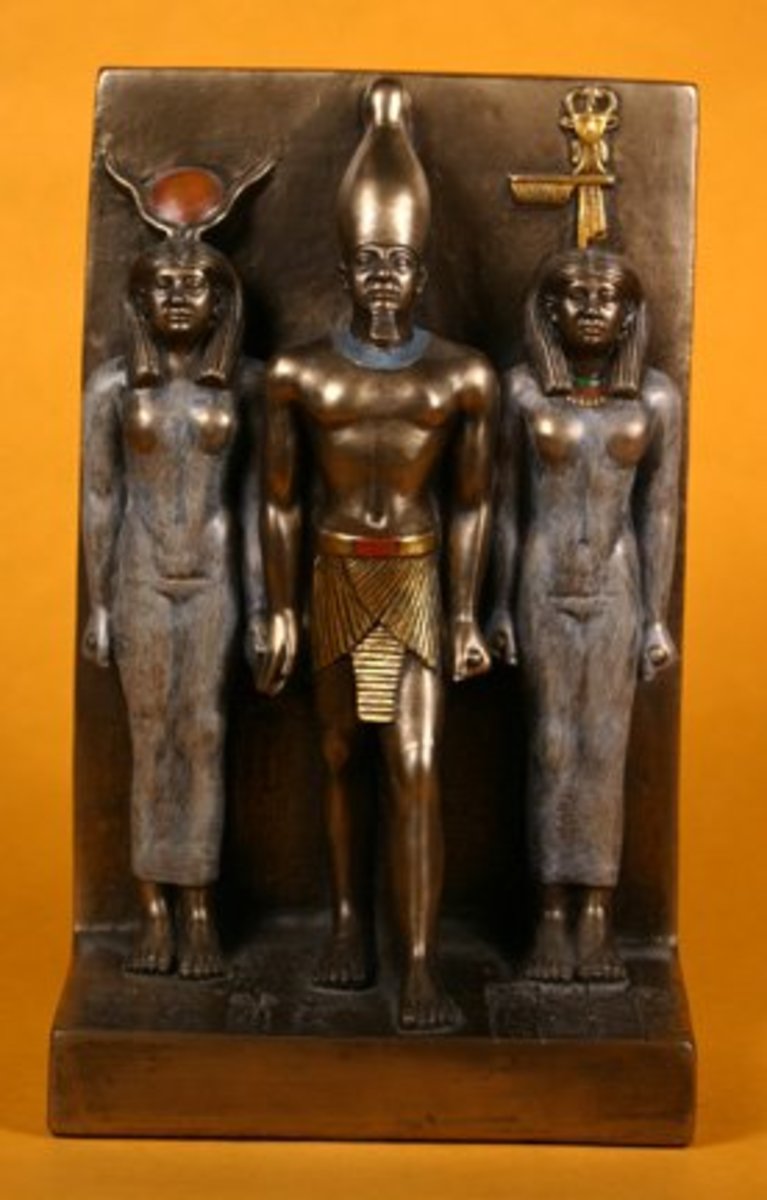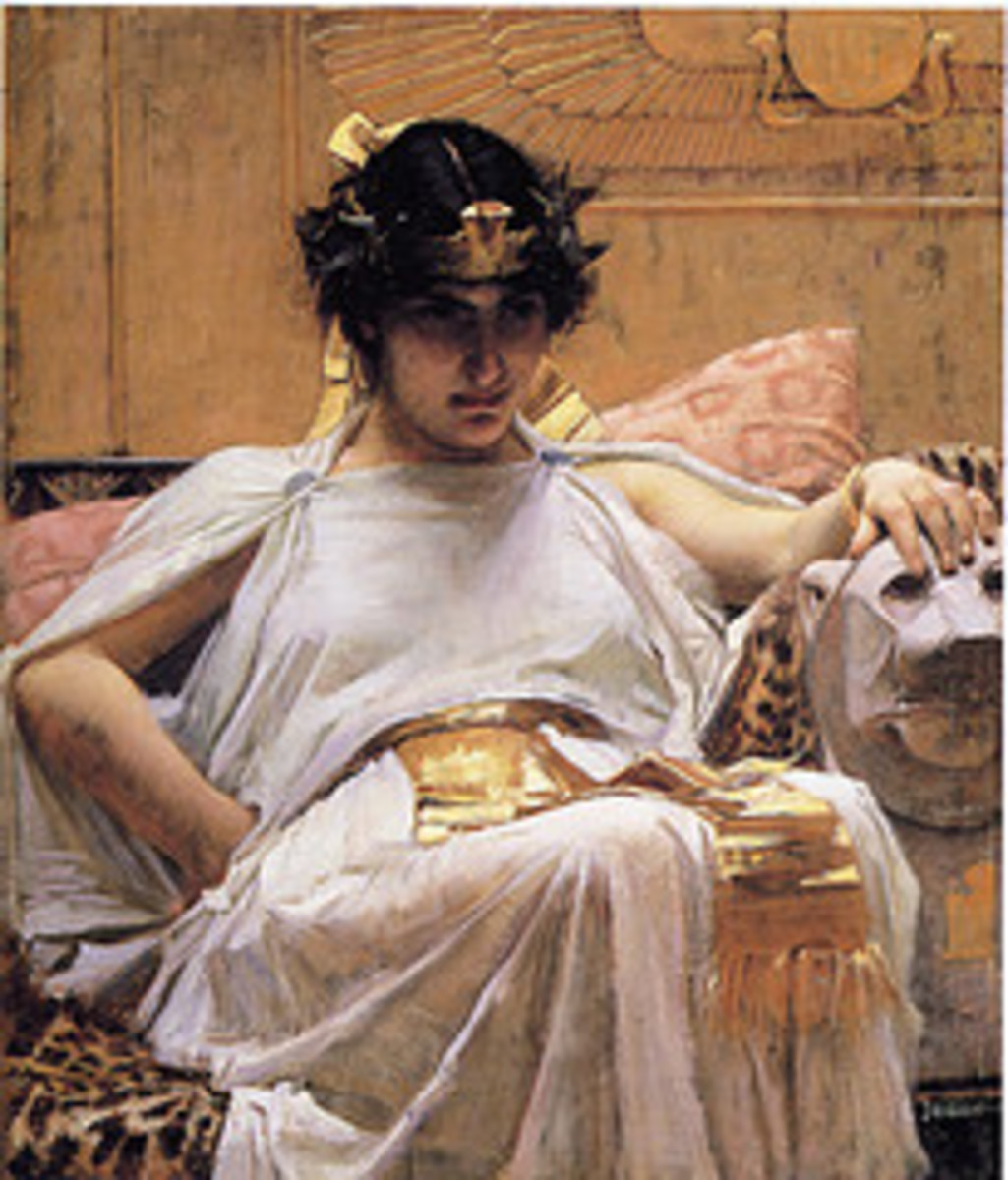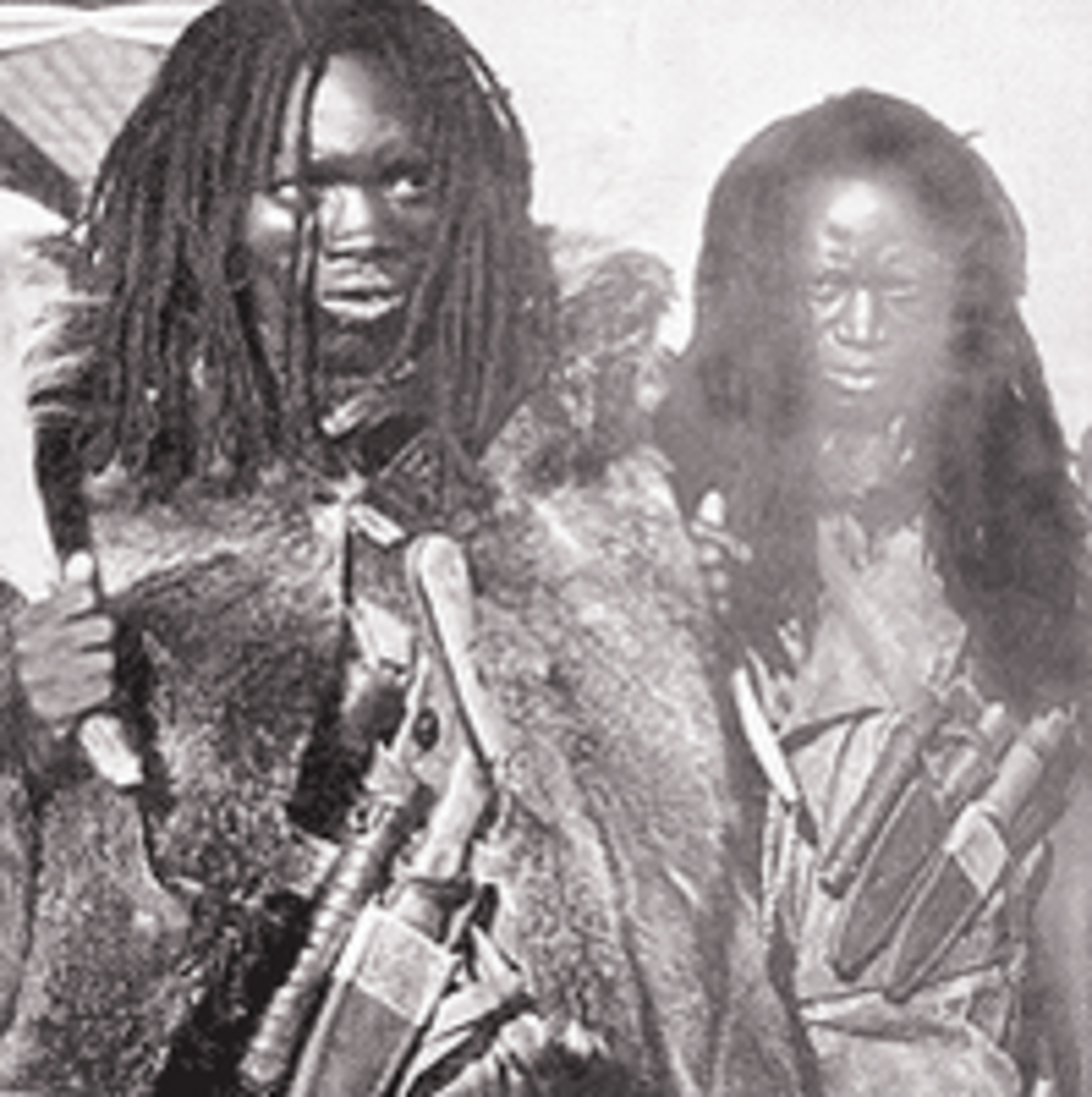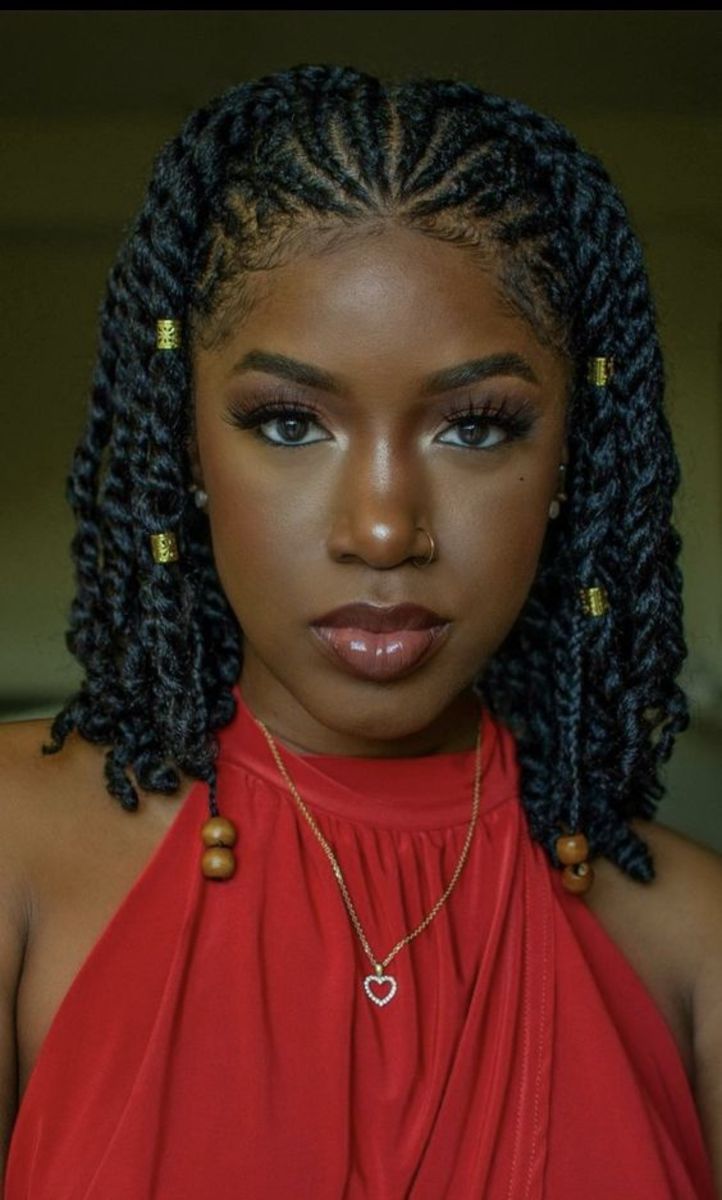Dreadlocks | Fashion or Fad? | Brief History

Dreadlocks have evolved greatly, shifting from traditions to lifestyles, just one continent entirely to another. From it's birthplace in North Africa (the location where the very first documented dreadlocks were seen), it's now a part of our most up-to-date fashion lifestyle. The background of dreadlocks is enormous and now it has obtained massive inspirations and connections from Hinduism, Egyptian, Rastafarianism, Islamic, and Hebrew cultures. The effortlessly coiled hair that forms matted curls of tresses are referred to as dreadlocks or dreads. Dreads could even grow in an uneven manner, in some cases large or at times flat in their overall look. Dreadlocks are the all-natural outcome of three to six months uncombed hair. It is a hairstyle that's becoming just as common as black women wearing their natural hair.

A brief history of the hairstyle extends back to the ancient Egyptian years. Egyptian locks or dreadlocks had been worn by many pharaohs in Ancient Egypt. Dreadlocks are mentioned even in the Holy Bible and for many Blacks (especially here in the United States), dreadlocks are a symbolic representation of self-importance and ethnic identity. Dreads are often seen in today's time being flaunted by celebrity rappers, athletes, actors and students. Before the recognition of dreadlocks, years before the world moved into the Industrial Era, dreadlocks were hardly ever seen anyplace outside of India.
The story of dreadlocks is a little controversial in regards to the roots or the affiliation of this Ancient hairstyle. You could possibly look down on the not so good grooming habits of men and women with wild hair twists, coils and dreadlocks. But in fact, this hairstyle is historically relevant, as it is a symbol of strength and it is connected to belief systems for many cultures and ethnicities. Dreadlocks are not unique to Jamaica and Rastafarians. But by far, the most recognizable group to wear dreadlocks is Jamaica's Rastafarians. Dreadlocks are viewed as bad or dreadful and Rastafarians accepted those views. Rastafarians believed that dreadlocks are a God given gift from nature. Yes the culture of having dreads is associated to the Rastafarian movement in Jamaica. Having said that, prior to becoming well-known by the Rastafarian movement, lots of civilizations wore dreadlocks.

The specific time frame and source of dreadlocks is not known. Nevertheless the date range(s) cover anything from 5000 BCE to 1500 BCE. The beginnings of dreadlocks may very well be tracked to the Ancient Egyptians and the Rastafarians of Jamaica but dreadlocks also have its roots with the Indian sages and yogis of old, Dreadlocks are not only for Rastafarians and yes the Ancient hairstyle is a major aspect of Black culture. However, dreadlocks worn by other races are very common. Dreads are in every culture from Sadus in Tibet, Nepal and India to Shamans in Ancient Mezo-America. It is recognized that dreadlocks commenced with far east sacred and holy men, owning practically nothing, renouncing the whole world and its possessions (even if it's just a hair comb), For example, not using a comb or brush to groom your hair, hence forming the inevitable dreadlocks. Dreads is a hairstyle that has been around for a very long time and has many cultures attached
to them.
Dreadlocks is not only common in the African-American community here in the United States, but it is also common in other ethnical communities and cultures including Caucasians that do grow their dreadlocks and exhibit them with pride. America may have "Americanized" dreadlocks into a fashion style, but we all know that the origins of dreadlocks are for religious purposes and it is still that way for some people today. Ironically, dreadlocks is also a popular Fashion trend in Zimbabwe, where Rastafarians have fought for years to gain recognition. Nevertheless, it was eventually introduced into mainstream culture as a result of the world-wide success of the popular reggae musician Bob Marley. Today, the popularity of dreadlocks is on the rise not only for Blacks, but for many in other races. For a hairstyle that used to take five years to develop, it is now available to achieve at their local hair salon in about five hours. Dreads as an indication of a
popular and current fashion trend today, it is commonly searched on the world wide web. Dreadlocks can be created using a plethora of techniques. Techniques like, the interlocking method, palm roll method, twisting your hair and so much more.

To some people dreadlocks are not a fashion statement, it is a reflection of their soul, religious beliefs and/or simply their outlook on life. On the other hand, to others, dreadlocks are more than just a fashion statement, but a major step in demonstrating one's independence. Dreadlocks are a worldwide trend and through the years, men and women of a variety of cultures have worn dreadlocks. The fact that dreadlocks are not always worn for religious or cultural reasons today is a positive evolution of the opinions and views of dreadlocks.
In conclusion, the history of dreadlocks is a bit debatable related to the origins of this form of hairstyle. But we can all agree that dreadlocks can not be traced to one culture or time. So don't be baffled or intimidated that you or anyone today can simply have wonderful and Ancient dreadlocks that you can proudly manipulate into fabulous hairstyles just like the Ancient Egyptians, Rastafarians, Ancient Shamans, Celtic tribal men, Indian Sadus/holy men and wear dreads for your personal style, beliefs and culture. Dreadlocks are really the history of you and me what we love to do with our own hair. Dread on!
By Heather Farquharson








